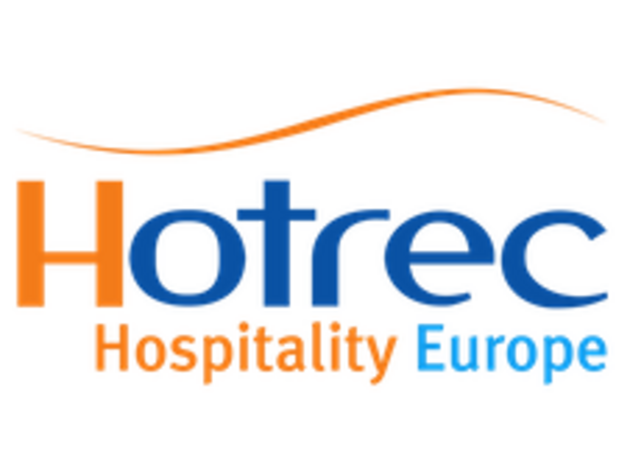EU rules on mandatory fees for official controls in restaurants violate the principle of subsidiarity

HOTREC
– HOTREC, the business association representing the European hospitality industry, strongly opposes the Commission proposal to force national authorities to charge a fee for food inspections in restaurants, as it would violate the principle of subsidiarity, while unnecessarily burdening a key industry for job creation in Europe.
During HOTREC’s 67th General Assembly, CEO’s and Presidents representing the hospitality sector in 27 different European countries strongly opposed the new Commission proposal which would impose Member States to charge fees for food inspections carried-out in restaurants. "Such EU rules applied to purely local services with no single-market dimension would breach the EU principle of subsidiarity” commented Mr. Kent Nyström, President of HOTREC.
A new Commission proposal on official controls across the food chain intends to make mandatory for Member States to recover the cost of official inspections in food businesses, so as to ensure that national authorities always have at their disposal enough financial resources to fulfil their control obligations. The European hospitality industry considers that such obligation for local services, such as restaurants, is not only in breach of the principle of subsidiarity, but also denies the reality of the situation in many Member States. "Such an obligation means in practice that national control authorities with sound financial positions would be forced to charge such fees, even if they do not need them to fulfil their duties, therefore unnecessarily burdening one of the few industries that keeps creating jobs in spite of the crisis” further added Mr. Nyström.
Therefore, the European hospitality industry calls on the Council of the EU and on the European Parliament to amend the Commission proposal so that the system used under the existing Regulation, which offers the option (but not the obligation) to Member States to charge fees if appropriate, is restored in the new Regulation once adopted.
|
What is HOTREC? HOTREC represents the hotel, restaurant and café industry at European level. This industry includes around 1,8 million businesses, of which 99.5% are small and medium sized enterprises (91% of them micro enterprises, i.e. employing fewer than 10 people). These businesses make up some 60% of industry value added. The hospitality industry provides more than 10 million jobs in the EU alone. Together with the other tourism industries, the sector is the 3rd largest industry in Europe. HOTREC brings together 44 national associations representing the sector in 27 different European countries. |
For further information: www.hotrec.eu
PRESS CONTACT: Anna Torres, CEO, +32(0)2 513 63 23, hotrec@hotrec.eu



